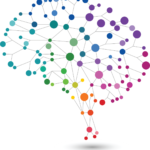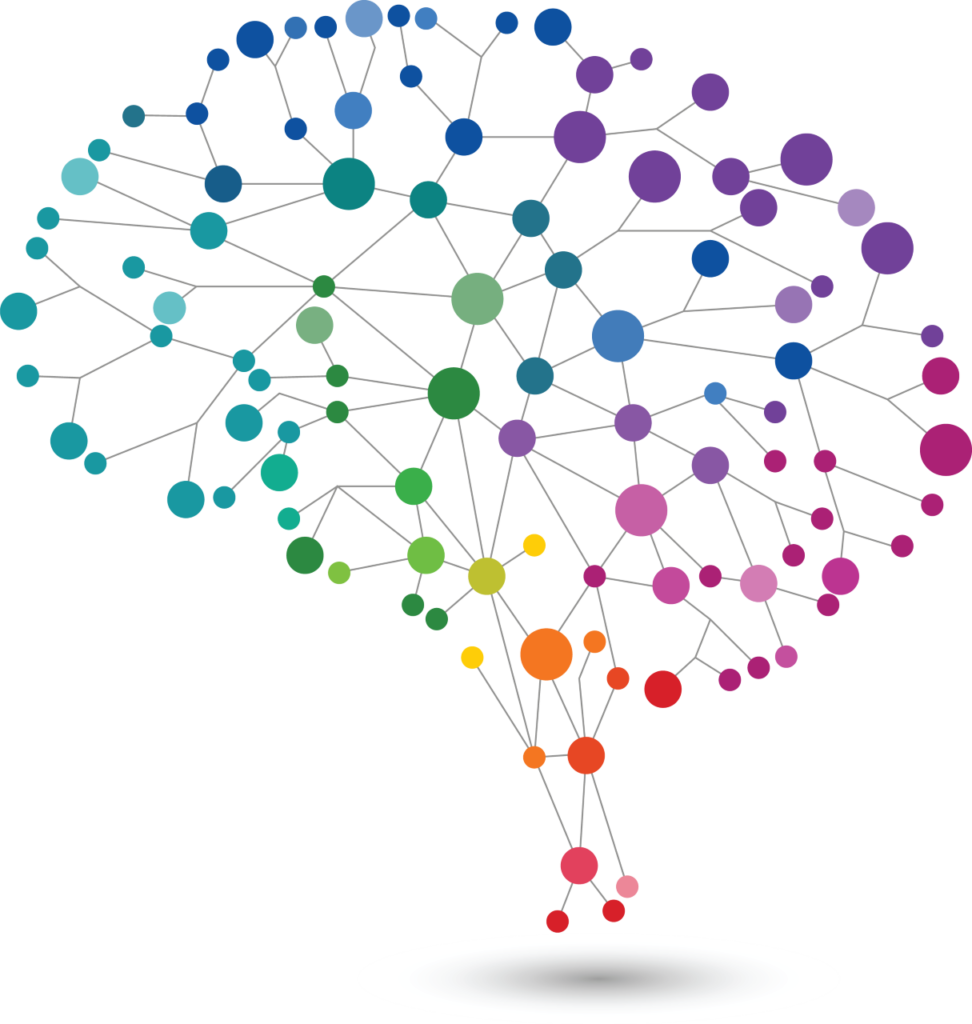The Psychology of Fraud Session
A personal note from me about The Psychology of Fraud:
Colleagues and friends question why, at this juncture in my career, I continue to offer this session. It seemingly opens the door to criticism, judgment, and, in some quarters, disrespect. My schedule could be filled exclusively with engagements discussing the science of cutting-edge decision-making—and indeed it is a simpler, less emotionally taxing path. They’re not incorrect in their assumptions. This session does lead me into a space of vulnerability that carries a substantial emotional toll. Yet, I persist. Why? The answer is dual in nature: this session provides an unmatched educational experience that far outweighs any controversy or personal cost. To forgo it would neglect the very essence of my journey and fail to honor the trust audiences place in me to deliver genuine insights.
This session pierces through the pervasive culture of silence that envelops our discussions about lapses in judgment. It boldly engages in difficult dialogues, pushing past the barriers of defensiveness, legal apprehensions, and the zeal to shield reputations, thereby allowing the most valuable lessons.
This session and the story behind it have been lauded by top researchers, earned accolades as an All-Star presentation by the Institute of Internal Auditors, has received high praise by tens of thousands of experts as an essential part of their continuing education, is endorsed by regulators across the nation for ethics instruction, and was spotlighted on NPR for its profound psychological insights.
I invite you to listen, reflect, and judge not just the narrative but its implications for our understanding of accountability, and human fallibility, and… the psychology of fraud.
Dr. Toby Groves

